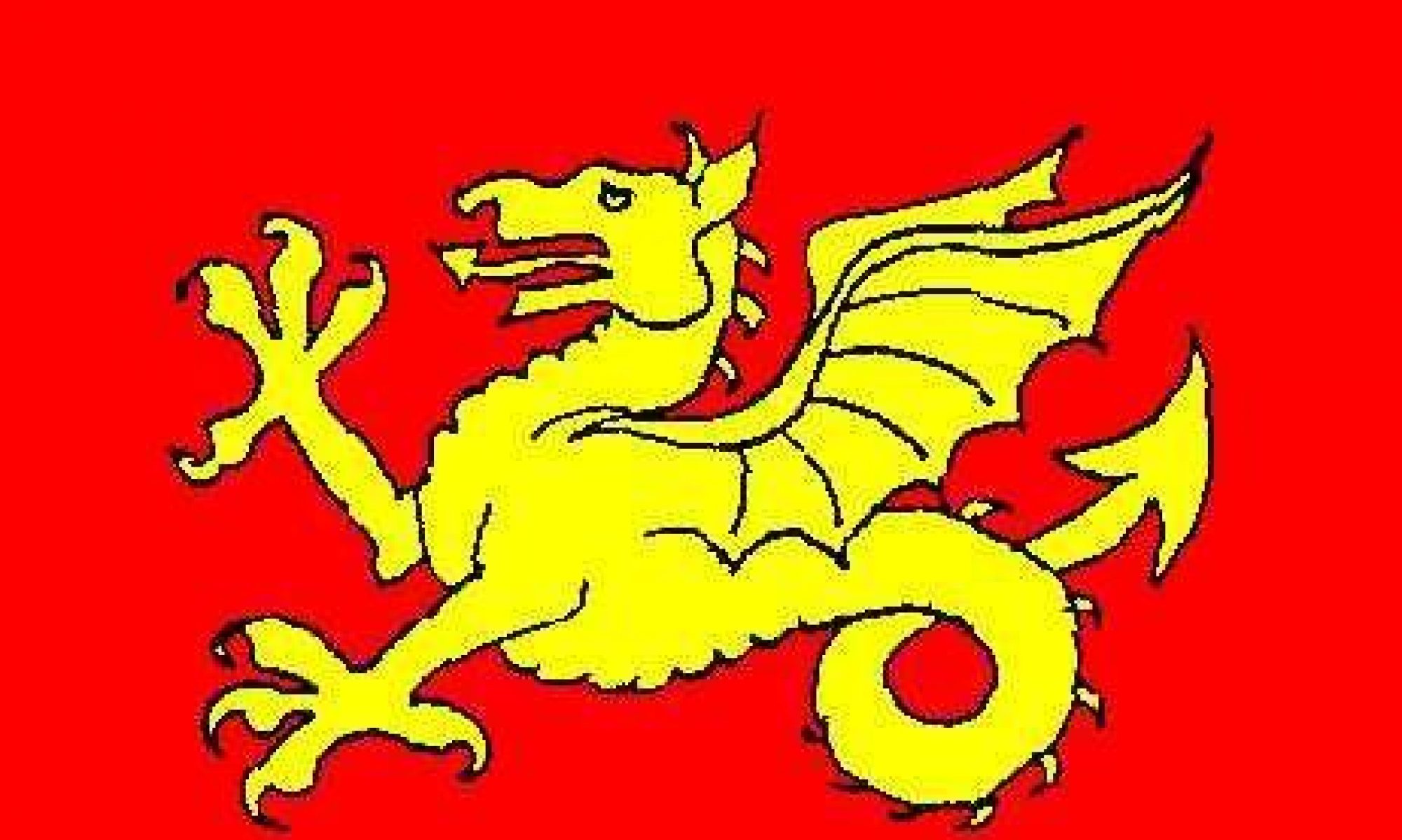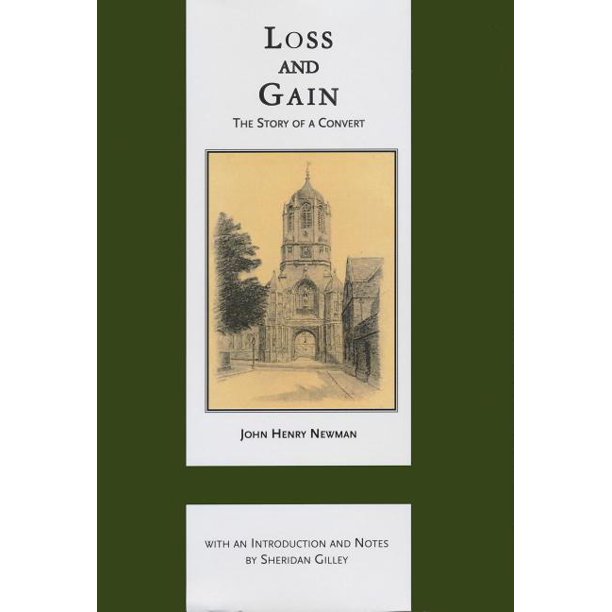Loss and Gain is a semi-autobiographical novel by John Henry (later Cardinal) Newman that tells of a young man’s conversion from Anglicanism to Roman Catholicism while studying at Oxford University. The book was immensely popular, going through nine editions and thirteen printings during Newman’s lifetime.
The author avatar in this story is Charles Reding, son of a conservative Church of England vicar in an unidentified country parish in the Midlands. Reding is quite a bit younger than Newman was when he converted, but Newman was always keen to stress that it was a novel, not an autobiography, While at Oxford, Reding becomes disillusioned with the C of E, and follows his friend William Sheffield in “crossing the Tiber” (that is, converting to Catholicism).
Newman himself had been associated with the Oxford Movement, which saw the Church of England as the true inheritor of the Catholic faith while regarding Rome itself as having regressed into a superstitious semi-paganism. However, he began to have doubts about the truth of Anglican claims, which eventually led to him being received into the Catholic church, at great personal cost to his academic career and to his relationships with family and friends.
Loss and Gain takes a satirical approach to the various factions that tried to woo Newman back to the Anglican church. In particular, it served as a rebuttal to From Oxford to Rome, a novel by Elizabeth Harris, who had converted to Rome, but reverted back to Anglicanism, and which was intended as a warning to those considering making the same mistake, as she saw it.
Critical reception at the time of its release was mixed, and largely coloured by reviewers’ reactions to Newman’s own conversion. However, the book is now back in print, and it remains popular with those who have a historical interest in the Oxford Movement and in Victorian attitudes to Catholicism.

